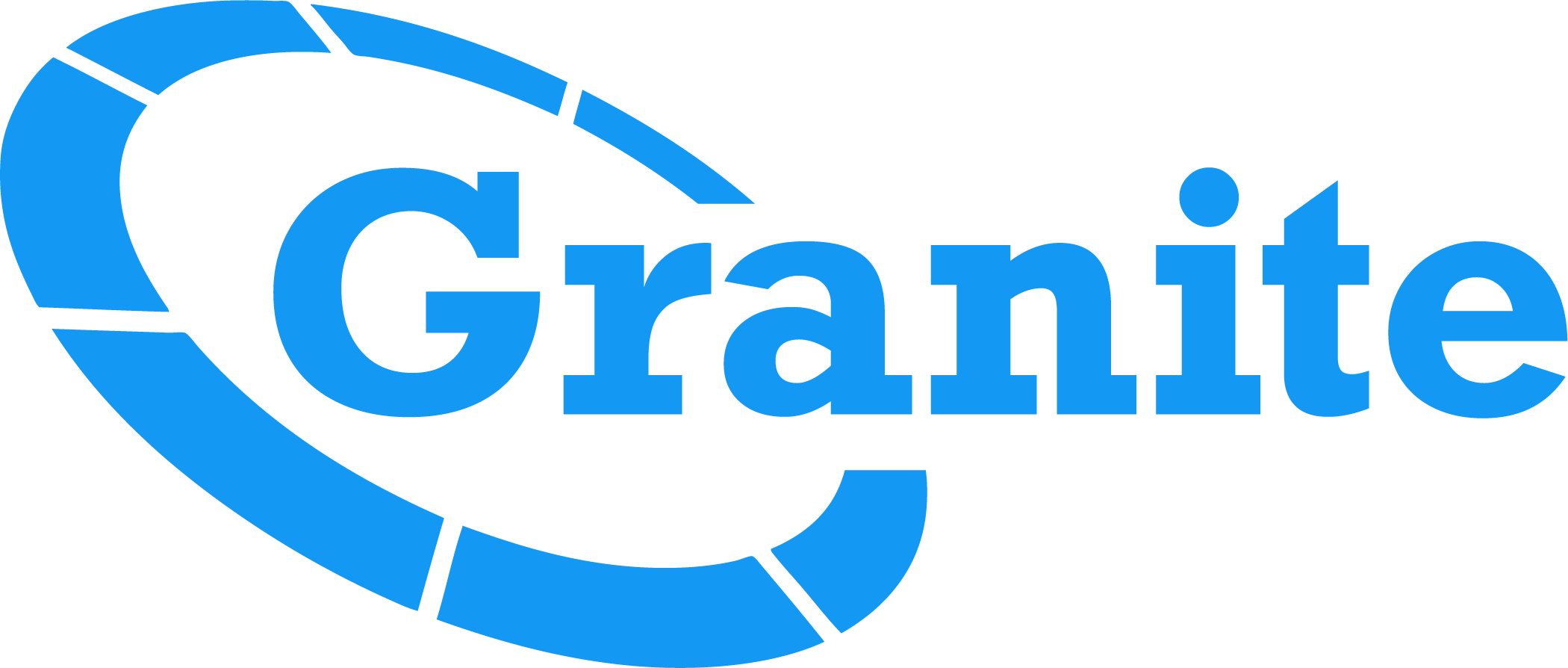
Is your business prepared for telecom’s transition from Plain Old Telephone Service (POTS)? Legacy POTS lines, once the backbone of business communications, are now being phased out nationwide, with carrier decommissioning initiatives accelerating through 2025. Legacy systems leveraging analog and time division-multiplexing (TDM) network connections are quickly falling behind modern alternatives and replacement solutions, with support declining every year. Your business needs to be ready to navigate this industrywide shift while preserving the integrity of systems and operations that depend on POTS.
What is POTS Replacement?
POTS replacement solutions replicate or improve the functionality of legacy lines. They also help your business maintain essential systems that historically relied on POTS, such as fire panels, elevator lines and security systems. POTS replacement bridges the gaps between your analog systems and the modern networks you need to stay competitive.
Why Replace Your POTS Lines?
More and more businesses are swapping out POTS lines spurred by recent regulatory changes and the benefits of advanced, modern connectivity. Here are some key reasons to replace your POTS lines:
- Imminent Phase-Out – In 2019, the Federal Communications Commission (FCC) granted relief from regulations that incentivized or required telephony providers to offer and support aging POTS lines. In 2025, FCC actions are accelerating the transition with several orders that streamline procedures and help providers roll out upgraded networks faster. Large providers are responding accordingly. AT&T, for example, is starting POTS retirement at 25 percent of its wire centers and seeking to discontinue its TDM services by 2029. The exact timeframe is unclear, but the phase-out is inevitable, so you need to plan accordingly.
- Rising Costs – Since POTS lines have been deregulated, providers are no longer required to keep prices at the regulated level. At the same time, the infrastructure that supports POTS lines is aging, and the cost to maintain it is growing. If you continue relying on these legacy lines, you’ll likely face escalating fees and service challenges if you haven’t already. By identifying and replacing legacy lines now, you can avoid rising costs.
- Technology Limitations – Your POTS phone systems haven’t kept pace with the demands of digital business. They lack advanced calling features and integrations with modern tools. Your legacy connections are also vulnerable to physical disruptions like natural disasters, hardware failure or long-term wear. As POTS technology ages, your business must find suitable alternatives to maintain essential systems.
- Inability to Scale – As support for POTS diminishes, long-term scalability becomes impractical. Continued investment in legacy systems can become burdensome or impossible as lines decommission. If your business plans to grow, expand to new locations or support hybrid work, it needs scalable solutions that can flexibly accommodate new environments, like VoIP or cloud phone systems.
- Quality Concerns – POTS communications, on the whole, deliver lower quality voice and reduced reliability than more modern solutions. As the POTS phase-out accelerates, you may experience worsening voice quality and service interruptions, disrupting your operations and jeopardizing business continuity. Before the rug is pulled out from under you, it’s worthwhile to invest in a modern alternative to POTS that delivers superior voice connectivity.
- Benefits of Modern Alternatives – Modern alternatives to POTS solutions deliver countless benefits beyond improved connectivity. Today’s technologies offer advanced features like failover, backup, centralized control, remote management, real-time monitoring and much more. By ditching POTS lines, you can modernize your business operations, enhance efficiency and improve outcomes.
Business Challenges When Replacing POTS Lines
After you’ve decided to replace your business’s POTS lines, it’s time to consider your strategy. As you move away from legacy services, there are many challenges your business is likely to encounter and must prepare for:
- Compatibility With Legacy Equipment – Your top challenge is ensuring compatibility with legacy equipment you still rely on. POTS replacement options have varying capabilities, with only a few accounting for essentials like elevator lines, fire panels, safety systems and Supervisory Control and Data Acquisition (SCADA) systems that rely on analog connections.
- Regulatory and Compliance Requirements – When transitioning from POTS, remember that your business must comply with many industry regulations, particularly those tied to life-safety applications, like fire code regulations and the FCC’s Enhanced 911 (E911) mandates. Non-compliance could expose your business to legal and operational risks.
- Downtime and Disruption – You’ll need to plan to transition from POTS seamlessly without costly disruption. The best replacement solutions are tailored to your specific infrastructure and guarantee business continuity.
- Staff Training and Management – Your business staff will need to be trained on new platform interfaces or procedures, and technical staff must understand how to operate the solution and any new hardware. In some cases, day-to-day operations and management may change, requiring clear communication with affected employees.
- Vendor Lock-In and Solution Complexity – Some solutions may lock you into proprietary equipment and multivendor contracts, introducing unnecessary complexity and making it harder to scale. Look for a vendor with transparent agreements and solutions that are scalable and easy to integrate across your organization.
- Security and Data Privacy – POTS line replacement options work differently and have unique security considerations. Be sure to protect your connections with data encryption, firewall, multifactor authentication (MFA), identity and access management (IAM), and intrusion detection and prevention systems (IDPS).
- Multilocation Requirements – If you have multiple sites, especially across regions, you’ll face additional planning hurdles. Vendor selection, regional regulation and available infrastructure can vary dramatically, requiring a thorough assessment and a custom POTS replacement strategy.
POTS Replacement Solution
Unlike Internet Protocol (IP)- or cloud-based POTS alternatives, which may require a complete infrastructure overhaul, a true POTS replacement solution enables you to support your legacy systems by transmitting legacy signals over IP or cellular networks.
- Granite EPIK
- Granite EPIK is a patented Managed Facilities-based Voice Network (MFVN) service that seamlessly integrates softswitch technology, Ethernet and Long-Term Evolution (LTE) and uses Foreign Exchange Station (FXS) to connect analog devices with the Public Switched Telephone Network (PSTN). Network testing confirmed that Granite EPIK for POTS replacement exceeds performance benchmarks set by the FCC’s Adequate Replacement Test (ART).
- EPIK surpasses typical Session Initiation Protocol (SIP) Trunking and wireless networking options by supporting your specialty and safety applications like fire and security alarms, elevator voice circuits, blue light boxes, door and gate access phones and more. Additionally, EPIK includes wireless failover, broadband failover and backup 4G LTE for business continuity. It also helps your business meet strict cybersecurity and privacy standards, such as the Health Insurance Portability and Accountability Act (HIPAA) and the Payment Card Industry Data Security Standard (PCI DSS).
POTS Alternatives
If your business is ready to move beyond POTS, alternative solutions can help you reduce costs, enhance performance and improve functionality. Here are some options to consider:
- VoIP & Cloud Phone Systems – Voice over IP (VoIP) and cloud phone systems let you transmit voice data over the internet, offering high-quality connectivity, easy deployments and cost-effective scalability.
- SIP Trunking – SIP trunks establish a fully redundant IP voice solution over your existing internet connection. They deliver advanced calling features, cost-effective deployments and streamlined system management. SIP providers may offer Emulated Primary Rate Interface (ePRI), which allows you to integrate with legacy systems, such as older on-premises private branch exchange (PBX) systems, call center systems, hospitality communications systems, and paging and nurse call systems that rely on PRI-dependent technology.
- Voice over Cable (VoC) – Depending on your business location, you may be able to use your existing cable provider’s infrastructure to deliver digital voice services. VoC offers a simple, affordable alternative to POTS by routing calls over cable broadband instead of POTS lines.
- Wireless – Your business can deploy several wireless connectivity solutions, like Fixed Wireless Access (FWA) and Multi-Carrier SIM, to support your legacy devices without relying on copper lines. When paired with a compatible device, wireless access service can be used as a full POTS replacement, especially in cases where wired infrastructure is unavailable, costly to maintain, or decommissioned.
- LEO Satellite – If your business is remote or underserved, you can leverage a Low Earth Orbit (LEO) satellite network solution for high-speed, low-latency internet. When paired with a VoIP system or POTS replacement device, LEO satellite allows you to maintain voice connectivity without relying on copper lines.
- Hosted PBX – Hosted Private Branch Exchange (PBX) is a managed cloud service that delivers PBX functionality over the internet through a subscription-based as-a-service model. With a managed services provider (MSP), you also get expert support, easy scalability and enhanced security, with no need to buy another on-premises phone system.
- UCaaS – Like hosted PBX, unified communications as a service (UCaaS) is a cloud-based solution. It combines disparate communications channels, including voice, video, messaging, chat and screen share, into one easy-to-use platform that delivers as a service over any internet connection.
- Microsoft Teams – If your business already uses or has access to Microsoft Teams for internal collaboration, you can easily enable external PSTN calling with direct routing, extending communications beyond your team to customers and suppliers.
POTS Continuation/Consolidation
If you’re not ready for a complete transition to cloud-based solutions or comprehensive POTS replacement alternatives, you could still benefit from POTS and analog consolidation through a POTS aggregator like Granite is a smart step forward. With Granite, you can maintain the services your systems still rely on while streamlining infrastructure, simplifying management and reducing billing complexity. You get consolidated invoicing across all your locations and a single point of contact for customer support, helping you save time, cut costs and keep legacy systems running smoothly.
Depending on your needs, you can take advantage of traditional options like POTS/TDM, PRIs or Centrex:
- POTS/TDM – POTS isn’t disappearing overnight, so you can still access your existing POTS lines but may not be able to add or change your service. Consolidating these lines allows you to simplify infrastructure and maintain continuity for systems that aren’t yet ready to migrate.
- PRIs – Primary Rate Interfaces (PRIs) leverage the Integrated Services Digital Network (ISDN) protocol to deliver digital voice and data over a single circuit. They’re ideal if you need multiple simultaneous connections and want to consolidate communications without overhauling your phone system.
- Centrex – Centrex provides PBX-style services over the service provider’s network, eliminating the need for on-premises PBX hardware. It’s a solid choice if you want to keep a traditional voice setup without investing in onsite infrastructure.
Future-proof With Granite POTS Replacement
The most surefire way to respond to the POTS phase-out and weather the transition is to steer into the skid and adopt a POTS replacement solution like Granite EPIK. Granite EPIK is specially designed to ensure businesses of all kinds can keep their POTS-dependent systems running, especially those that involve life safety.
Take on the business beyond POTS confidently by partnering with Granite — the experts in POTS replacement.



